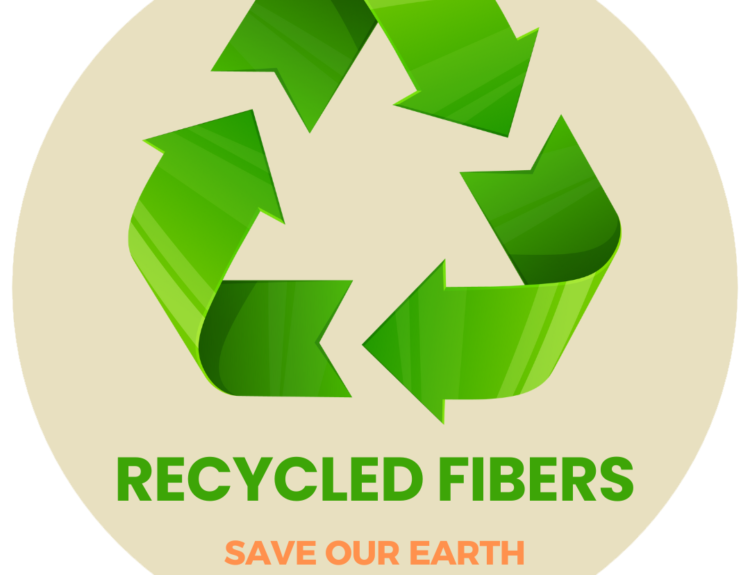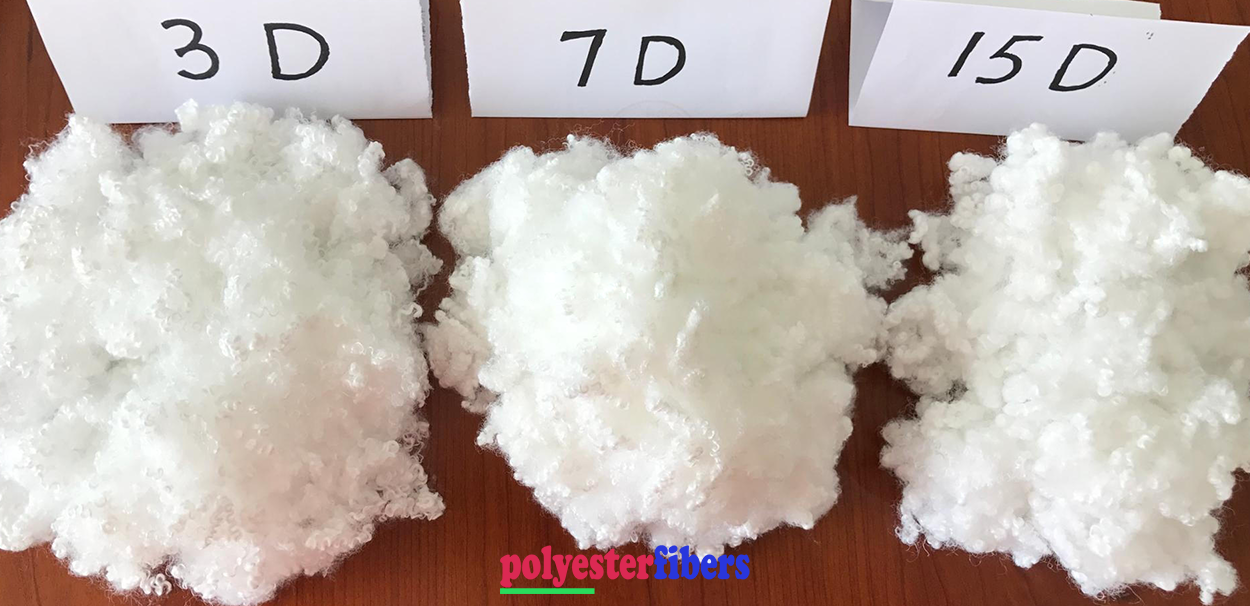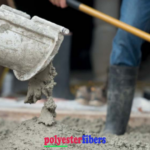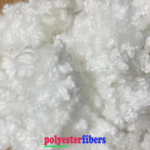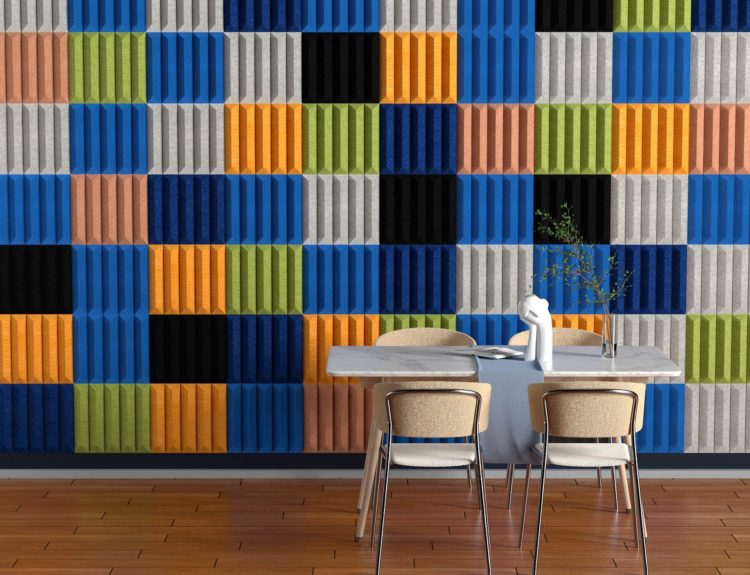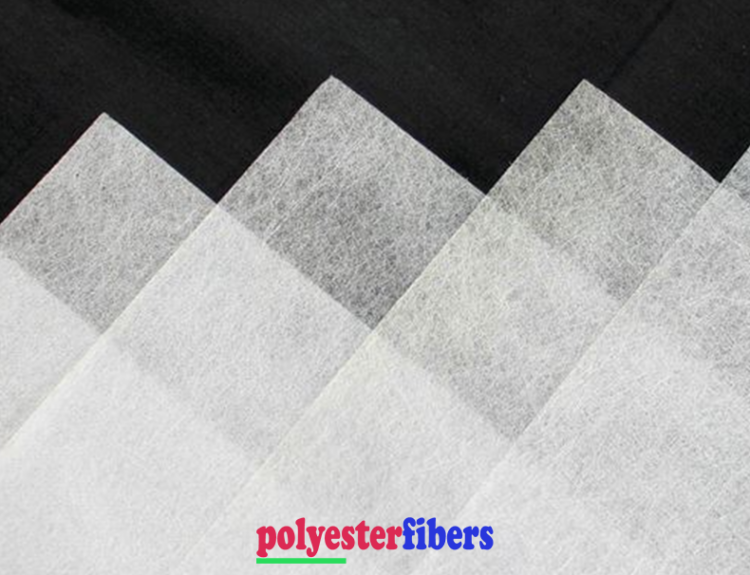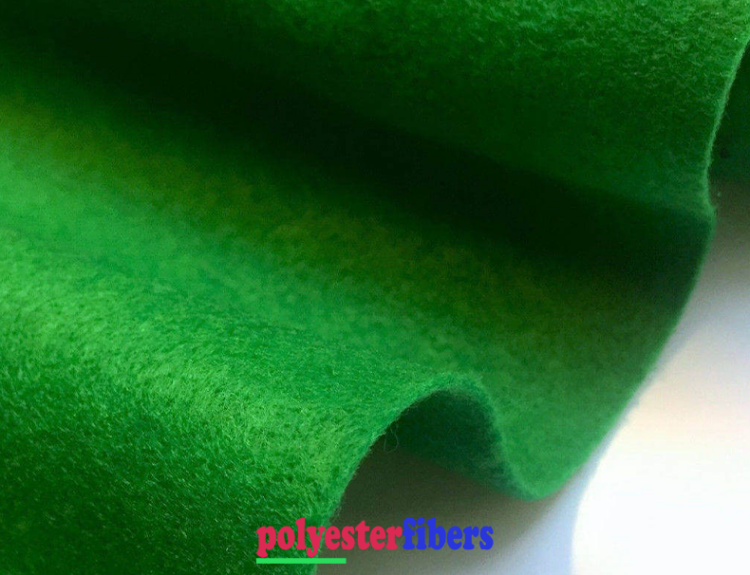Virgin fiber refers to fibers that are derived directly from natural or synthetic raw materials, without any previous processing or recycling. These fibers are pure, unprocessed, and often preferred for applications that require high-quality, durable, and consistent material properties.
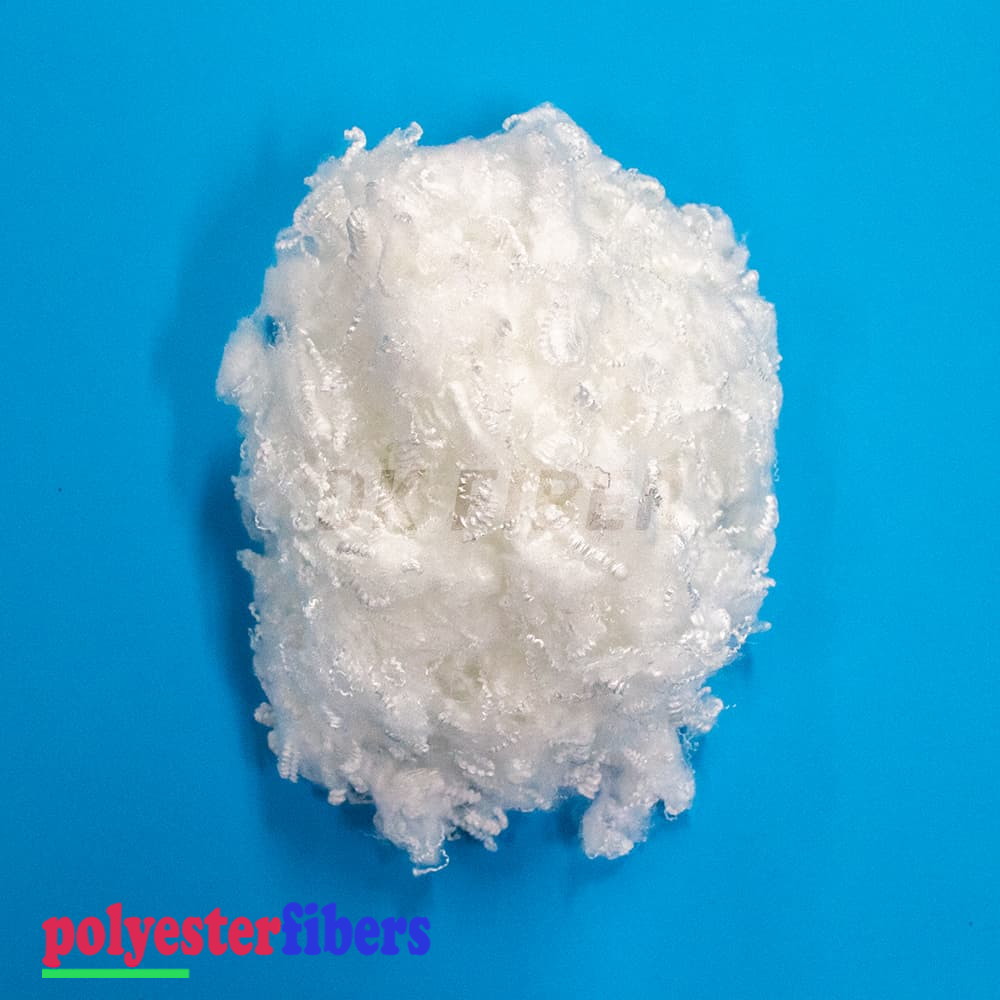
What is Virgin Fiber?
Virgin fiber is produced using raw materials like wood pulp, cotton, or petroleum-based polymers. Unlike recycled fibers, which are repurposed from used materials, virgin fibers are created from original resources, ensuring that they are free from impurities and have uniform characteristics.
These fibers can be natural (e.g., cotton, wool, or cellulose) or synthetic (e.g., polyester, polypropylene, or nylon). Virgin fiber is widely used in industries that prioritize performance, strength, and durability.
Key Features of Virgin Fiber
- Purity: Free from contaminants or previous use.
- High Strength: Offers superior durability and tensile strength.
- Consistency: Uniform quality and predictable performance.
- Versatility: Suitable for a broad range of applications.
- Customizable: Can be engineered for specific properties or uses.
How is Virgin Fibers Made?
- Natural Virgin Fibers: Harvested directly from plants or animals, such as cotton picked from plants or wool sheared from sheep.
- Synthetic Virgin Fibers: Created from raw chemical components, such as petroleum, through polymerization and extrusion processes.
Applications of Virgin Fibers
1. Textile Industry
Virgin fibers are used in creating high-quality fabrics and textiles:
- Clothing: Produces soft, durable garments that maintain shape and color.
- Upholstery: Ensures long-lasting furniture covers and cushions.
- Luxury Goods: Provides a premium feel and finish in high-end products.
2. Paper Production
In the paper industry, virgin fibers are essential for:
- High-Quality Paper: Used in printing, packaging, and specialized applications.
- Tissue and Towels: Ensures softness and absorbency.
3. Construction Materials
Virgin fibers contribute to building materials like:
- Fiber-Reinforced Concrete: Enhances strength and reduces cracking.
- Geotextiles: Stabilizes soil and prevents erosion.
4. Nonwoven Fabrics
In the nonwoven sector, virgin fibers are vital for:
- Medical Products: Masks, gowns, and surgical drapes require purity and reliability.
- Hygiene Products: Diapers and sanitary products prioritize safety and absorbency.
5. Consumer Goods
Virgin fibers are also found in everyday items, such as:
- Household Products: Pillows, mattresses, and cleaning tools.
- Packaging Materials: Lightweight yet sturdy options for protective packaging.
Advantages of Virgin Fiber
- Superior Quality: Ensures excellent performance and durability.
- Consistency: Delivers predictable results across applications.
- Long-Lasting: High resistance to wear and degradation.
- Customizable Properties: Tailored to meet specific industry needs.
Virgin Fiber vs. Recycled Fiber
- Virgin Fiber: Offers unmatched purity and performance but has a higher environmental footprint due to the extraction of new resources.
- Recycled Fiber: Eco-friendly and cost-effective but may lack the same level of strength and consistency.
Sustainability and Virgin Fiber
While virgin fibers provide superior quality, the extraction and processing of raw materials can impact the environment. To address this, many industries are adopting sustainable practices, such as:
- Using responsibly sourced natural fibers (e.g., certified wood pulp).
- Developing biodegradable virgin fibers.
- Balancing virgin fiber use with recycled materials to reduce waste.
Why Choose Virgin Fiber?
Virgin fiber is essential for applications requiring high performance, safety, and longevity. Whether in textiles, construction, or consumer goods, it ensures the quality and reliability that industries and consumers demand.
By combining innovation with sustainability, virgin fiber continues to be a cornerstone material for modern manufacturing and design.
Explore the versatility and reliability of virgin fiber—the foundation of quality and innovation! 🌟
About POLYESTER FIBERS
POLYESTER FIBERS We partner with numerous factories and manufacturers in Viet Nam and other Asian countries.We supply various and different polyester staple fiber such as hollow conjugate siliconized and non-siliconized, hollow non conjugated fiber, hollow slick fiber, black solid fiber, brown fiber, green fiber, filling fiber, polyester fiber, recycled polyester fiber, spinning fiber. All are GRS and OEKO TEX certified.
Our polyester staple fiber is used as raw material for the production of several industrial applications such as polyester pillow filling, stuffed toys, cushion, comforters, sofa, mattress, bedding sheet, quiltings, wadding, padding, non-wovens, geotextile, automotive, abrasive products for domestic and industrial use, yarn for textile flooring (carpets and moquette), shoes, special filters and much more.
Our recycled Polyester Staple Fiber is of good quality and competitive price, which is used in the application of filling polyester pillows, mattress, cushions, quilting, comforters, padding, wadding, stuffed toys, carpets, felts, automotive nonwoven industry and home textiles.
We are well-known for our excellent customer service and we would like to have long-term business cooperation with customers from all over the world.
Please contact us for long-term cooperation!
Mr. HARRY
Website: vietnamrecycledfiber.com
Youtube: Vietnam Recycled Polyester Fiber

